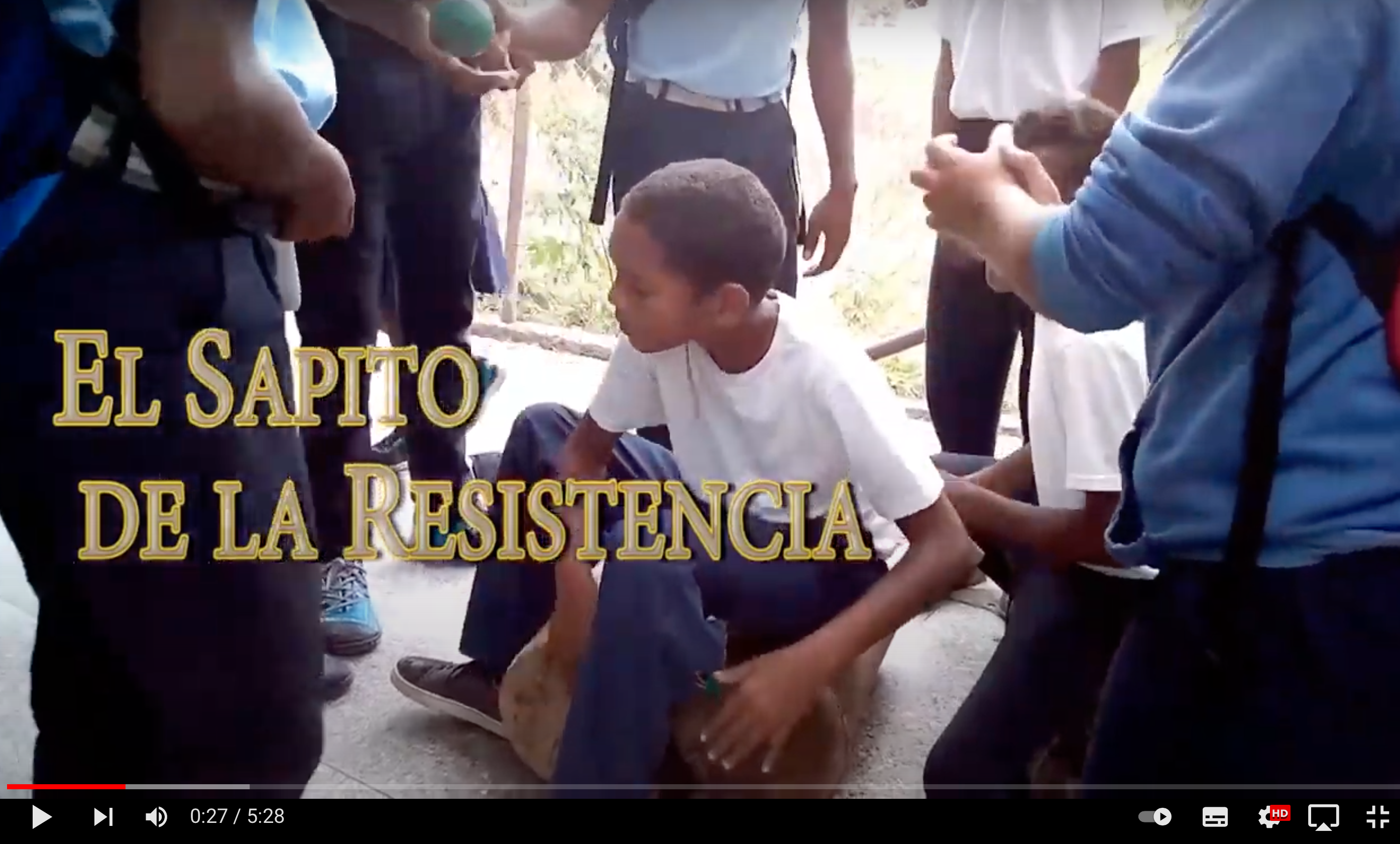In 2021, we received approximately 50 applications from the ASA Start-up Conservation Grants call. On the one hand, this high number of applications demonstrates there are amazing amphibian conservation projects being conducted worldwide. However, it also illustrates how many organisations are in urgent need of funding to conserve amphibians. Because our resources are unfortunately limited, the ASA is only able to fund a small proportion of the projects that have applied for our grants. However, because we consider all projects to be important for advancing amphibian conservation around the world, we would like to publicise them on our platforms, to help draw the attention of other funding entities, potential collaborators and/or partners.
Below you can learn more about the project On the trail of harlequin frogs in Venezuela proposed by Probiodiversa (Francisco Nava, [email protected], and José Luis Omaña).
Little is really known about La Carbonera’s Yellow Frog (Atelopus carbonerensis) and Merida’s Stubfoot Toad (Atelopus oxirincus) from the Andes of Venezuela. Prior to the reduction in their populations in the 80’s, only a few papers have been published. Since the 90’s, a few papers have been written referencing the drastic decline in populations and containing important contributions regarding changes in climatic conditions and new diseases as possible causes of their disappearance.
In the case of A. carbonerensis, a conservation initiative was undertaken in 2002, resulting in a fruitless search for this species. For A. oxyrhynchus no specific conservation initiatives have been developed so far. Despite these efforts, there are no confirmed recordings of the existence of these species in recent decades. However we consider that there have been no significant efforts made in these recent search initiatives and therefore the results are far from conclusive regarding the absence of A. carbonerensis y A. oxyrhynchus in their areas of historic distribution.
Part of our proposition in this project consists of systematic monitoring with a significative search effort in the areas of greatest potential for recording the existence of theses species, taking into account habitat conditions, existing threats and historical records. We also intend to evaluate current potential threats in these areas to obtain a better idea of the current conservation status of these species.
One of the most important aspects of this project is the community perspective that we have been developing, with a focus on popular education and popular ecology. Since late 2020 we have carried out some self funded processes of activation of local memory to allow the defense of territory and the conservation of the harlequin frogs. We have been doing this through the collective production of pedagogies and contexts of teaching and learning that strengthen local memory, customs, techniques and popular knowledge for the conservation of cultural and biological diversity.
These processes gave rise to two audiovisuals produced and edited by boys and girls from the schools in Cuyagua, where Rancho Grande Harlequin Frog (Atelopus cruciger) used to be found on the Venezuelan Central coast, and the Mistaja Farm School in the Merida, Andes, historical locality of A. carbonerensis. You can see the videos here and here.
These audiovisuals were created to be shared on social media channels and on local people’s own electronic devices. It is our intention to continue this initiative with each of the nine species of the Atelopus from Venezuela and funding is very important to advance towards this objective. In this sense, we believe our proposition will be an important contribution to complement existing knowledge on the conservation status of these species, taking into account memories, practices and customs of local culture, to help fill the existing voids of information, articulation and efforts. This will allow us to advance significantly in robust and articulated actions among various sectors directed towards the conservation of these two species.
We are seeking for patrons and potentials donors to this initiative; we thank in advance all the help we may have.

